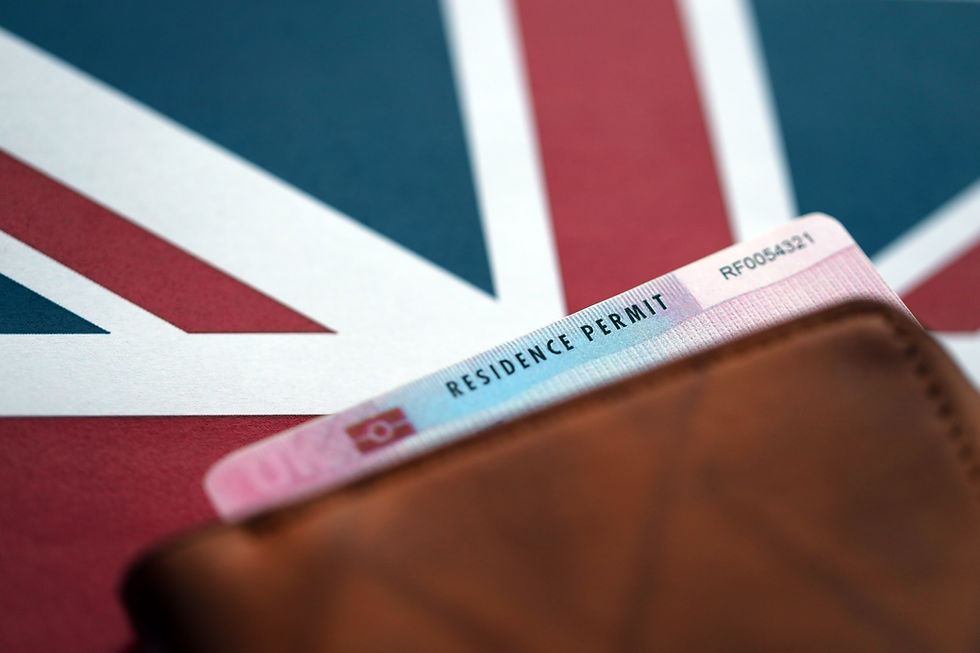UK amends Anti-Money Laundering regulations to cover formation of all registrable entities
- actlondon
- Jun 23, 2022
- 2 min read
Following public consultation in July 2021, HM Treasury is amending the Money Laundering Regulations 2017 (the MLRs) so that firms or practitioners who form any type of business arrangement that must be registered with Companies House will fall within the definition of a trust and company service provider (TCSP).
HM Treasury has now published its response to the consultation, along with a draft statutory instrument (SI), the Money Laundering and Terrorist Financing (Amendment) (No. 2) Regulations 2022.
Its central provision is a change to the wording of regulation 12(2) of the 2017 regulations, which currently defines a TCSP as ‘a firm or sole practitioner who, by way of business, provides any of the services listed within that regulation’. This includes acting (or arranging for another person to act) as a director or secretary of a company, as a partner of a partnership or in a similar capacity in relation to other legal person; and acting as a trustee of an express trust or similar legal arrangement or as a nominee shareholder for a person other than a company whose securities are listed on a regulated market.
‘Some of these services include forming companies or other “legal persons” or providing formal addresses for them,’ the draft SI states. ‘However, the present requirements for TCSPs in the MLRs do not adequately cover all business arrangements and services provided that are required to be registered with Companies House’. The amended wording is broader, bringing limited partnerships registered in England, Wales and Northern Ireland under the scope of the MLRs. Scottish limited partnerships are already caught.
The government also considers that the term 'business relationship' should apply when a TCSP forms any arrangement to provide the services in regulation 12(2). The SI is therefore also amending regulation 4(2) of the MLRs to require TCSPs to conduct customer due-diligence on their clients whenever they provide the above services, whether or not the relationship is expected to have an element of duration.
The amended regulations expand the obligation to report discrepancies in beneficial ownership information to cover ongoing customer due-diligence on existing business relationships, although only 'material' discrepancies must be reported. Further, they introduce a new power to AML supervisors to access, view and consider the quality of suspicious activity reports.
The amendments also specify that any crypto-asset transfer above EUR1,000 will have to be accompanied by detailed personal information of its originator and beneficiary: the so-called 'travel rule' adopted by the global Financial Action Task Force.
Most of the measures will come into force on 1 September 2022, although a grace period will be allowed for the travel rule until 1 September 2023, and for discrepancy reporting until 1 April 2023.
A separate, much broader review of the UK's AML regime is due for publication later in June 2022.



Comments